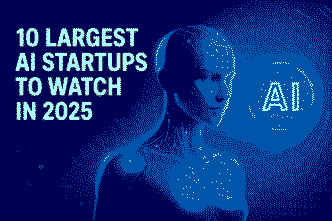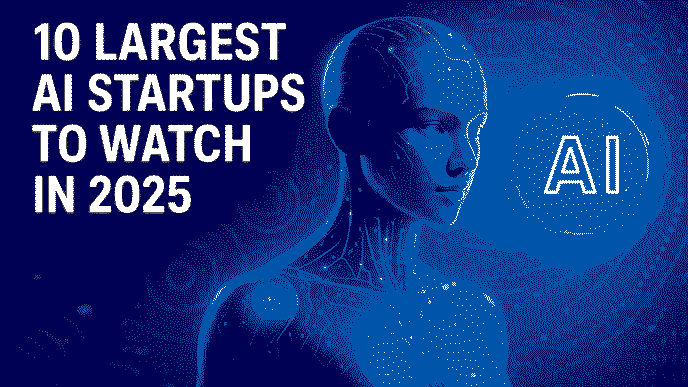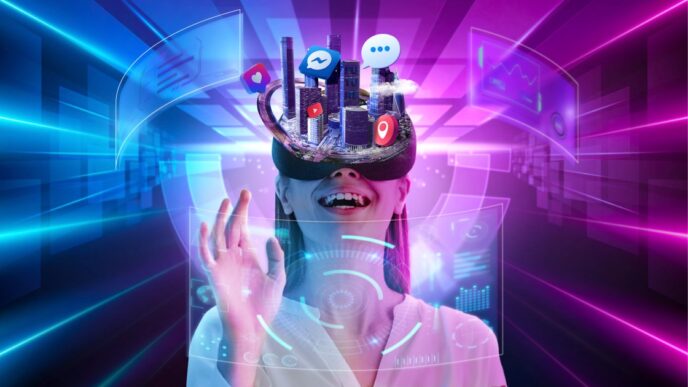Artificial Intelligence (AI) is no longer just a futuristic concept in American healthcare.it’s a present-day force transforming how care is delivered, managed, and experienced. In 2025, AI is playing a central role in improving patient outcomes, reducing operational costs, and advancing medical innovation across the United States.
Here are 10 key ways AI is revolutionizing healthcare in the U.S.A. today:
1. Faster and More Accurate Diagnoses
AI algorithms can now analyze medical imaging (like X-rays, MRIs, and CT scans) with accuracy that matches or even surpasses human radiologists. Tools like Google’s DeepMind and IBM Watson Health help doctors detect diseases such as cancer, pneumonia, and fractures earlier and more reliably.
2. Personalized Treatment Plans
AI analyzes patient data (including genetics, medical history, and lifestyle) to create customized treatment plans. In oncology, AI systems like Tempus and PathAI recommend therapies based on tumor genetics, ensuring more effective care tailored to each individual.
3. Virtual Health Assistants & Chatbots
AI-powered chatbots and virtual assistants are handling appointment scheduling, symptom checks, and even post-treatment follow-ups. This reduces wait times and allows providers to focus on complex patient needs.
4. Predictive Analytics for Preventive Care
Hospitals are using AI to predict which patients are at risk of developing chronic diseases like diabetes or heart failure. Early intervention based on these predictions helps prevent hospitalizations and manage costs.
5. Streamlining Administrative Tasks
Natural language processing (NLP) tools convert doctor-patient conversations into structured EHR notes, saving hours of manual entry.
6. Drug Discovery and Development
AI accelerates drug discovery by analyzing chemical compounds and predicting their effectiveness before clinical trials. In 2025, U.S. pharma companies are using AI to drastically reduce the time and cost of developing new treatments, especially for rare and complex diseases.
7. Remote Patient Monitoring (RPM)
AI-powered wearable devices continuously track vital signs (like heart rate, glucose levels, or oxygen saturation) and alert healthcare providers when anomalies occur. This ensures better at-home care, especially for seniors and chronic disease patients
8. Mental Health Support
These tools use cognitive behavioral therapy (CBT) principles to guide users through stress, anxiety, and depression, making mental healthcare more accessible and stigma-free.
9. Robot-Assisted Surgeries
In operating rooms, AI-powered surgical robots enhance precision, minimize human error, and enable minimally invasive procedures. Tools like the da Vinci Surgical System are widely adopted in U.S. hospitals for complex surgeries with faster recovery times.
10. Healthcare Data Security
With rising cyber threats, AI plays a key role in detecting unusual access patterns and protecting patient data. AI-based cybersecurity systems help U.S. healthcare institutions comply with HIPAA regulations while securing electronic health records.
Final Thoughts
AI is no longer an add-on—it’s becoming the foundation of a smarter, faster, and more efficient healthcare system in the United States. From diagnosis to daily care, AI is enhancing the capabilities of healthcare providers while empowering patients with better tools, insights, and outcomes.
As we move forward in 2025 and beyond, AI will continue to revolutionize American healthcare—making it more predictive, personalized, and preventive.













